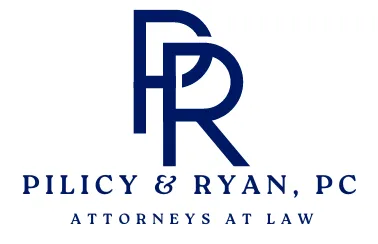Board Votes
Every day, all across our great state of Connecticut, condominium Boards of Directors hold votes. Items as important as hiring a contractor or seemingly simple as selecting the type of flowers to plant alongside the pool may be subject to a vote. In an ideal situation, all votes of the Board of Directors are held at a regularly scheduled and duly noticed meeting of the Board. However, there are times when the Board may need to hold a vote in between Board meetings. These votes should be considered exceptions to the rule of voting and, just like a regular vote of the Board, there are rules about how these votes are called for, conducted, and recorded in the Minutes of the Association.
Typically, votes by the Board that are held outside of a duly noticed Board meeting should have some type of urgent nature to them. For instance, if a unit was damaged by an ice dam and the Board needs to vote to either submit an insurance claim or handle the expense of repairs on its own to avoid a policy cancellation or premium increase, it is possible that the Board can conduct a vote (even by email if allowable) that is perfectly valid as long as the vote is recorded, passed by at least 2/3 of the Board Members, and the results of the vote are promptly distributed to all unit owners.
Voting between meetings should be an exception to – and not – the rule. In the above example, it is also possible that a meeting of the Board could have been duly noticed and called after 5 days of notice so that the vote outside of a regular or special Board meeting would not have been necessary. The Board could have been convened and the vote held as any other vote of the Board.
In order to provide a legal opinion for your association, the association attorney need to review the Declaration and By-laws of the association to determine the proper procedure for holding votes between Board meetings. After reviewing the documents, and in accordance with local and state law, a true legal opinion can be rendered. In closing, when in doubt as to the validity of a vote the Board should ratify their decision at the next duly noticed meeting of the Board of Directors. This will avoid most challenges to the validity of the vote.
Attorneys Franklin G. Pilicy and Chas A. Ryan specialize in working with community associations. If you require legal opinion on Board Votes and voting procedures for your community association, we’ll be happy to make time to discuss your Board’s voting options. Get in touch with us today to discuss how Pilicy & Ryan, PC can help your condominium or HOA.
Pilicy & Ryan, PC
235 Main Street
Watertown, CT 06795
Phone: 860-274-0018
Fax: 860-274-0061
The attorneys and staff of Pilicy & Ryan, PC strive to be accessible to clients, starting with a free consultation. One of our knowledgeable attorneys will meet with you one-on-one to discuss your concerns, your goals, your rights and your options in any legal matter.
To find out how our lawyers can help solve your legal conflict or protect your interests, please contact our office by phone or by completing the form on this page, and we will contact you as soon as possible.
**Disclaimer: The use of the Internet or this form for communication with the firm or any individual member of the firm does not establish an attorney-client relationship. Confidential or time-sensitive information should not be sent through this form.
Read our Privacy Policy here.
